drafts for upcoming webinars. This page is not linked on the public website. Copy contents to webinars page when ready.
In this series of virtual seminars, invited speakers will give a ~30 minute presentation, followed by up to 30 minutes of discussion. The whole webinar session is limited to 60 minutes.
July 11th: Robb Jnglin Wills (University of Washington)
time: 8am PDT, 9am MST, 4pm BST, 5pm CEST
Large ensembles reveal systematic climate model biases in the large-scale pattern of recent sea-surface temperature and sea-level pressure change


Register here
March 7th 2022: Dr. Emanuele Bevacqua (Helmholtz Centre for Environmental Research – UFZ)
time: 9am MST, 11am EST, 4pm GMT, 5pm CET
Advancing our understanding of summertime and wintertime compound events via SMILEs
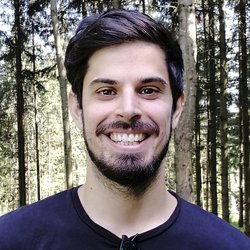
Emanuele Bevacqua is a postdoc scientist working at the Helmholtz Centre for Environmental Research – UFZ, Germany. He studies weather and climate extreme events and their projected changes taking a compound event perspective that considers combinations of multiple drivers that lead to societal/environmental impacts.
—## February 7th 2022: Dr. Yue Li (University of California Irvine) time: 9am MST, 11am EST, 4pm GMT, 5pm CET
The potential of using large-ensemble simulations to explore climate-land use interactions
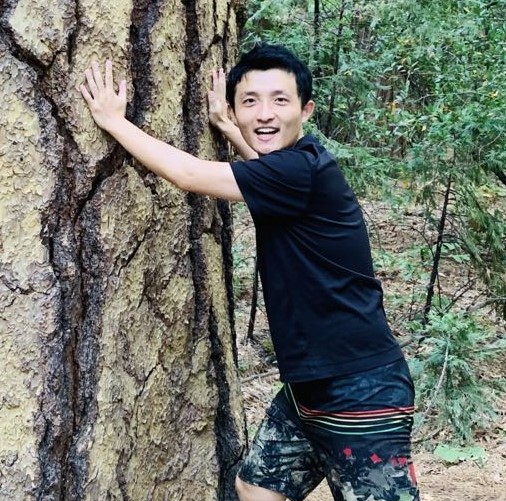
Dr. Yue Li is a postdoc working at the University of California, Irvine. His research interests include vegetation-climate feedback, land-use change, Earth system modeling, and global biogeochemical cycles
February 7th 2022: Dr. Emanuele Bevacqua (Helmholtz Centre for Environmental Research – UFZ)
time: 9am MST, 11am EST, 4pm GMT, 5pm CET
Advancing our understanding of compound hot-dry events via SMILEs
November 8th 2021: Yona Silvy (Sorbonne Université/LOCEAN/IPSL, Paris)
time: 9am MST, 11am EST, 4pm GMT, 5pm CET
Processes of anthropogenic heat emergence from ocean internal variability in the IPSL large ensemble
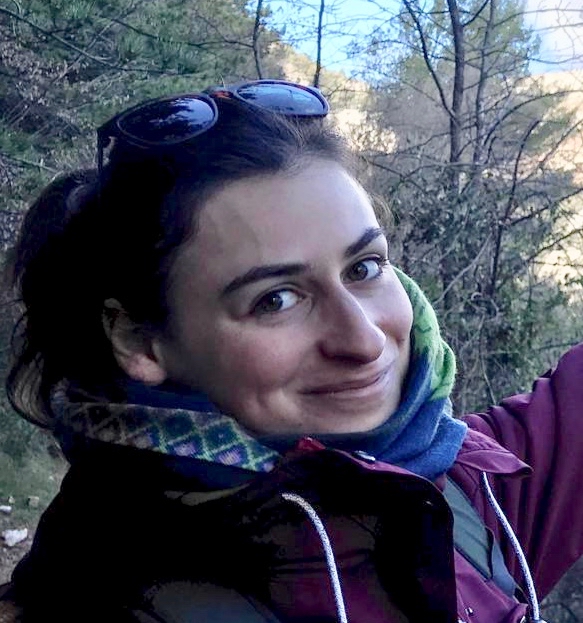
Yona is currently finishing her PhD at LOCEAN-IPSL in Paris, where she worked on the emergence of temperature and salinity changes in the ocean interior. She mainly used CMIP5 models and the IPSL-CM6 large ensemble to investigate anthropogenic changes and internal variability, and ran ocean-only experiments with the NEMO3.6 model to propose a decomposition of the physical mechanisms causing these changes. She is invested in reducing the carbon footprint in academia along with her colleagues at LOCEAN.
October 18th 2021: Dr. Nicola Maher (University of Colorado, Boulder)
time: 9am MDT, 11am EDT, 4pm BST, 5pm CEST
The role of model-to-model differences and internal variability in causing uncertainty in climate projections
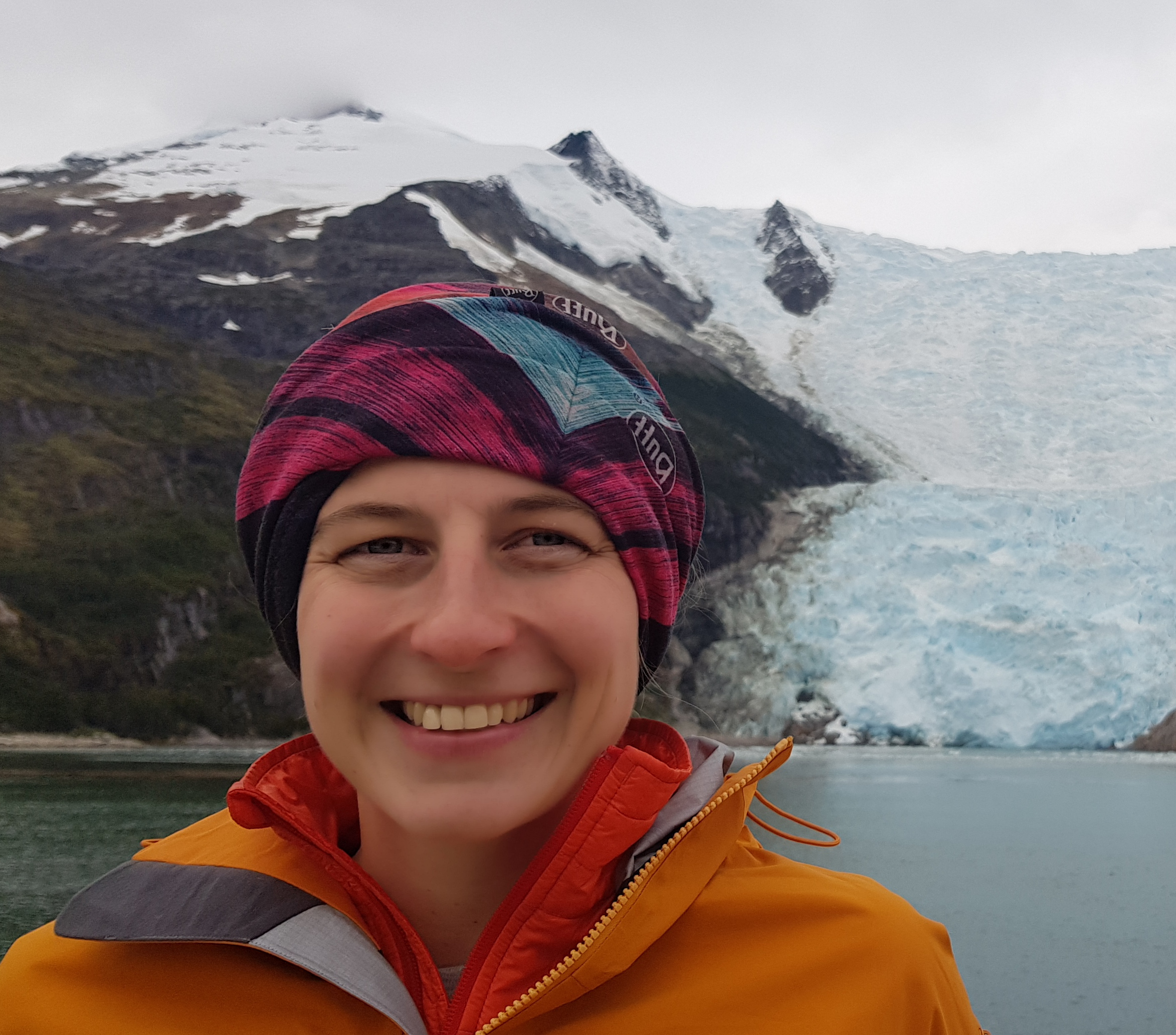
Nicola is currently a CIRES Visiting Postdoctoral Fellow at the University of Colorado, Boulder working primarily on variability in the Pacific Ocean and it’s global impacts in both the recent past and future projections. Nicola is interested in climate variability and change, and using new methods and SMILEs to investigate climate.
If you encounter problems with the registration form, try a different browser or use this direct link to the form.
September 13th 2020: Dr. Andrea Dittus (University of Reading)
time: 9am MDT, 11am EDT, 4pm BST, 5pm CEST
Role of aerosol forcing for recent Pacific decadal variability and other applications of large climate model ensembles
If you encounter problems with the registration form, try a different browser or use this direct link to the form.
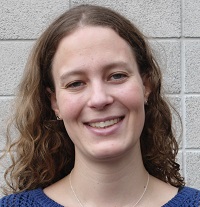
Andrea is a research scientist at the National Centre for Atmospheric Science and Department of Meteorology at the University of Reading. Her research focuses on understanding various aspects of historical and future climate variability and change. She is particularly interested in understanding how different forcing agents such as greenhouse gases and anthropogenic aerosols interact with internal variability, to shape the climate we experience across the globe.
EGU special
For the next webinars taking place in May, we have a special format: for each webinar (duration 1 hour), we invite 3 speakers who also present in the SMILE session at EGU to talk about their work.
Registration: https://forms.gle/vG9nC7sKps5z9joUA
Monday May 10, 5pm (CEST), 11am (EDT), 9am (MDT): EGU special part 1
Alexandra Jahn: Forced Changes in the Arctic Freshwater Budget Emerge in the Early 21st Century
Karin van der Wiel: Physical storylines of future European drought events like 2018 based on ensemble climate modelling
Nicole Ritzhaupt: Robustness of projections of European precipitation for seasonal means and seasonal extremes
Monday May 17, 5pm (CEST), 11am (EDT), 9am (MDT): EGU special part 2
Timo Kelder: Seasonal predictions as a high-resolution large ensemble to study extreme events over recent decades
Gabrielle Dallaire / Richard Arsenault: Calibration of a reinforcement learning method with the ClimEx large ensemble and a weather generator for water management
Christopher Callahan: El Niño variability mediates 21st century growth effects of climate change
In June, we will resume with the standard format: one webinar per month with an invited speaker.
October 12th 2020: Dr. Laura Suarez-Gutierrez (Max Plank Institute for Meteorology)
time: 9 am (MDT), 3 pm (GMT), 5 pm (CEST)
Exploiting large ensembles for a better yet simpler climate model evaluation
If you encounter problems with the registration form, try a different browser or use this direct link to the form.
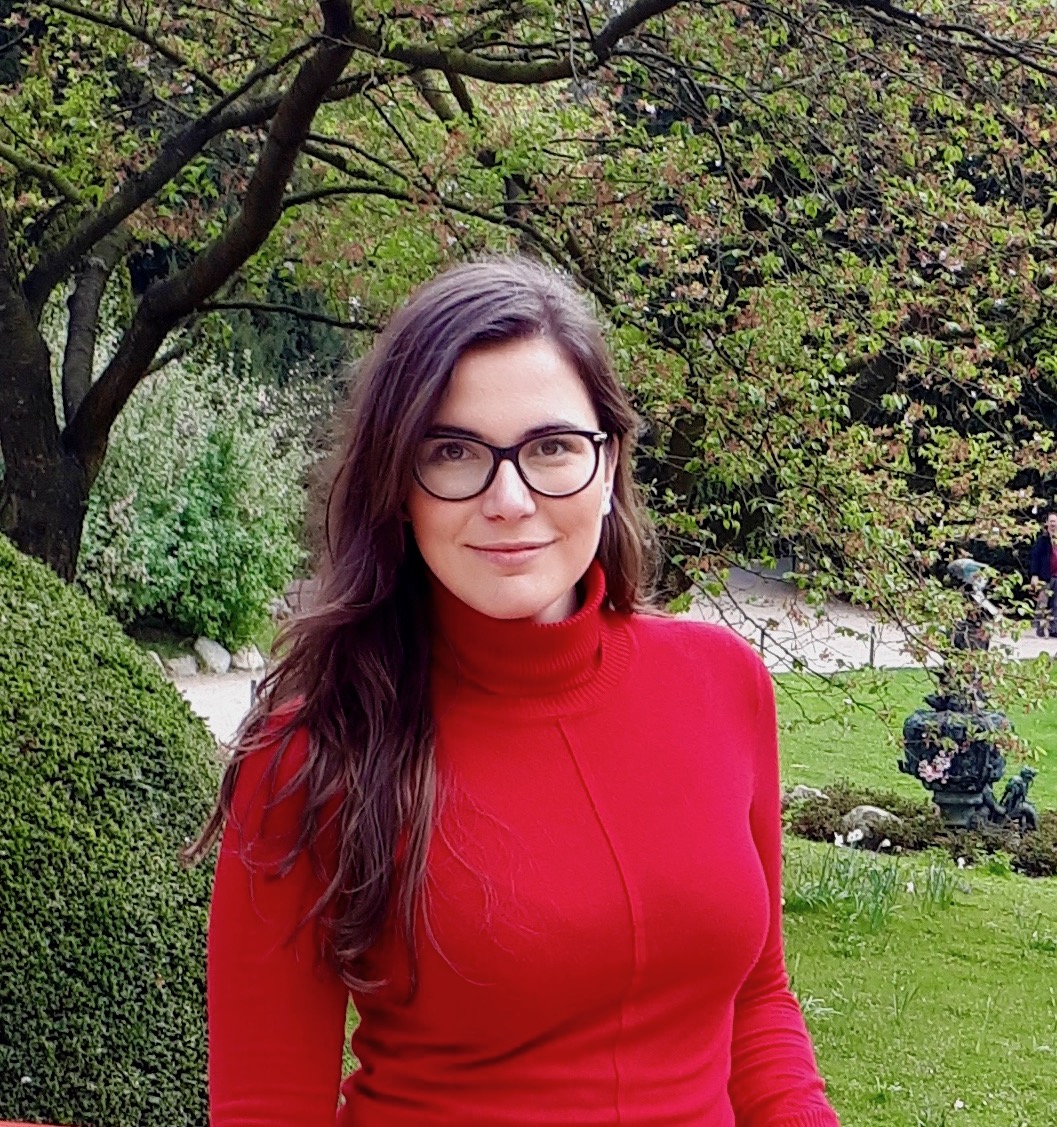
We are pleased to announce Dr. Laura Suarez-Gutierrez as our next speaker in the webinar series. Laura Suarez-Gutierrez works as a postdoctoral researcher at the Max-Planck-Institute for Meteorology (MPI-M). Her research focuses on understanding the internal variability of European heat extremes on different timescales. Furthermore, she works on new and better ways of evaluating the forced trends and variability in climate models using SMILEs.
Early August 2020: Dr. Sarah Schlunegger (Princeton University)
time and date: TBD, early August 2020
Large Ensemble Intercomparison of Anthropogenic Changes in Marine Biogeochemistry
If you encounter problems with the registration form, try a different browser or use this direct link to the form.
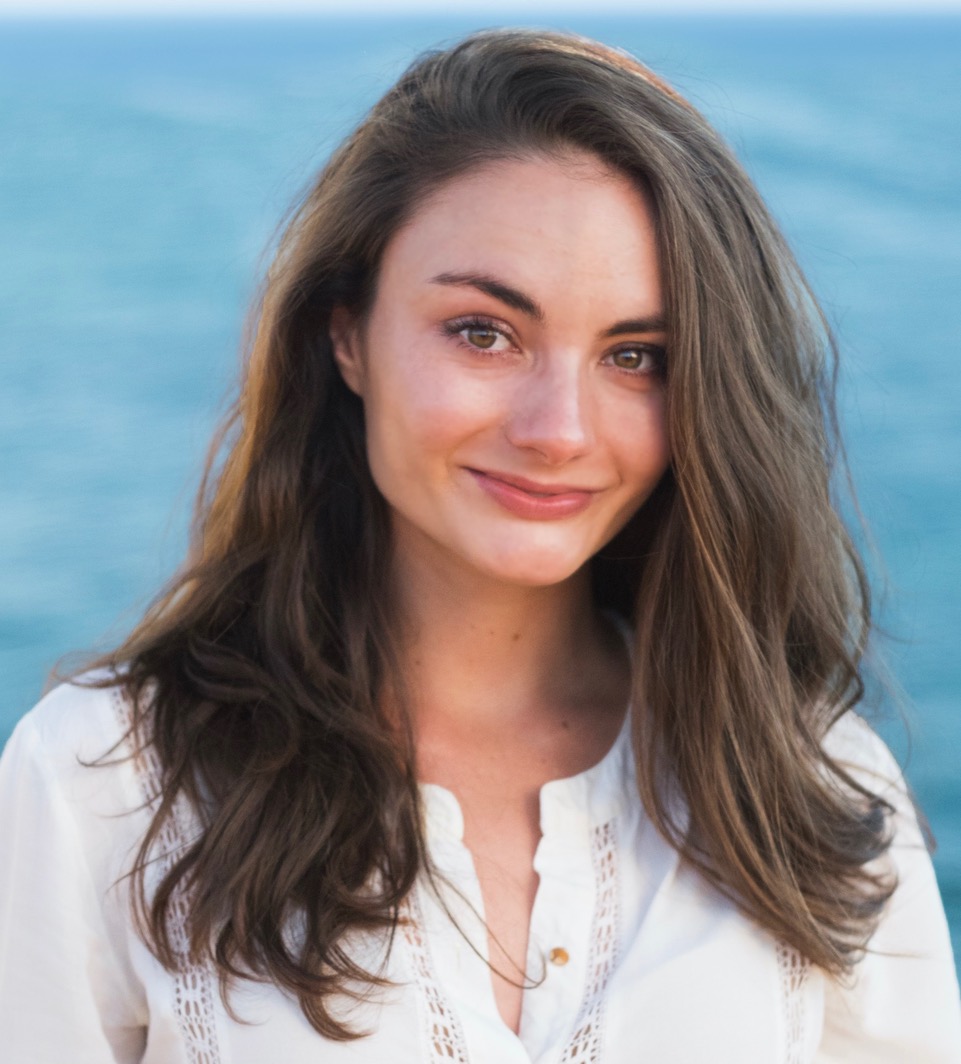
We are pleased to announce Dr. Sarah Schlunegger as our next speaker in the webinar series. Sarah Schlunegger is a postdoctoral researcher at Princeton University. Sarah is one of the scientists behind the GFDL Large Ensemble Suite. Her research focuses on understanding, quantifying and anticipating the impacts of climate change on the ocean, specifically the ocean carbon cycle and marine ecosystems.
July 6th 2020: Dr. John Fyfe (CCCma)
time: 9 am (MDT), 3 pm (GMT), 5 pm (CEST)
Quantifying the Influence of COVID-19 Emission Reductions on Climate, and Other Applications of the New CanESM5 Super Large Ensemble
If you encounter problems with the registration form, try a different browser, use this direct link to the form, or contact Sebastian.
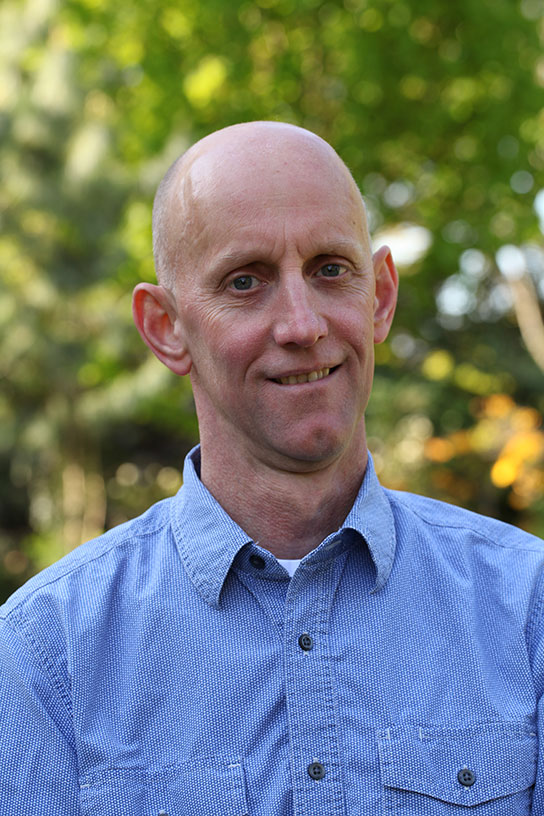
Dr. John Fyfe. Senior Research Scientist at the Canadian Centre for Climate Modelling and Analysis, Victoria BC Canada
We are pleased to announce Dr. John Fyfe as our next speaker in the webinar series. John is one of the scientists behind the Canadian large ensemble experiments. CCCma has not only produced a large ensemble with their CMIP5 model, but was the first modelling center that uploaded large ensemble simulations for a variety of CMIP6 experiments to ESGF.
This webinar will be recorded.